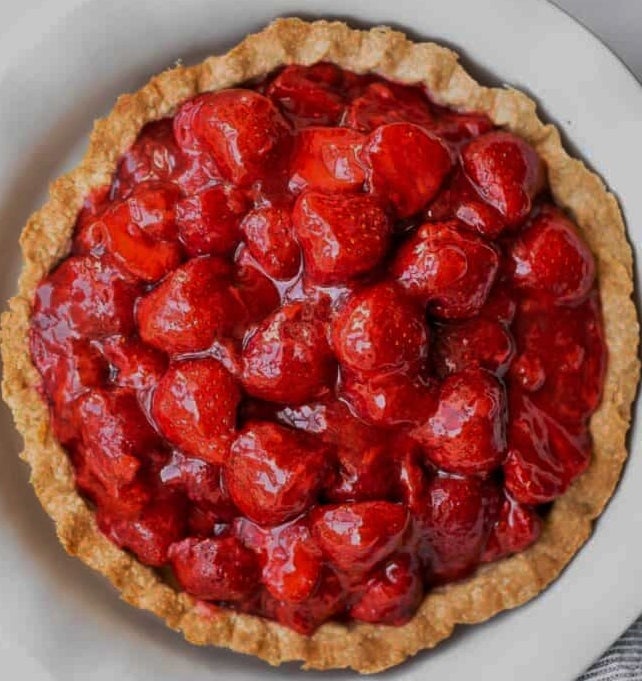Religion column — The frailty of our natures
Published 7:00 am Saturday, February 8, 2020
By Fr. Jonathan Filkins
It was one of those rare early summer Mississippi nights, where the moon was full, the humidity low and temperatures below eighty. Out on Texas Flat road, the headlights of several cars blinked through the trees as they made their way further into the recesses of the empty, outlying spaces. Each began to slow, as they reached the familiar stretch of perfectly straight pavement; which went on for a mile. This was the arena where youthful competition was expressed in the glorious combat of street racing.
The single-entry requirement was to have a vehicle. It did not really matter what kind; although some egos dictated that there had to be more power than the factory had provided. What they were racing for was reputation; for egos. Oh yes, some would race for money, and others for bragging rights. The exercise filled otherwise average days with the adrenaline rush of loud exhausts and excited voices.
When there were no other cars in sight, two small pickups lined up next to each other and gunned their engines. At the drop of the starter’s hand, the race was on! Flooring the accelerators, two sets of well-worn tires spun freely, generating copious amount of smoke, much to the approving yells of the spectators. Soon, the tires found their place and the trucks roared away. Straightening out, with gathering speed, the duo pressed on with ever-increasing velocity.
Just before the quarter-mile mark, which marked the conclusion of the race, one of the driver’s stomped down on the accelerator.
The rear tires, once again, lost their adhesion, causing the pickup to fishtail, as it careened wildly down the road. Now relieved of any driver control, the laws of inertia and physics took over. Soon, a front tire left the macadam, and directed the soon-to-be-destroyed vehicle towards the ever-increasing specter of resolutely immovable trees. The single factor, which prevented a complete cataclysm, was the impact of the roof hitting the ground, as the pickup rolled over.
As the steam rolled out from the ruptured radiator, the driver unbuckled his seatbelt, dropped to the roof and crawled out through the demolished windshield. His friends found him to only have a few cuts and bruises; although they did have to take him to Highland Hospital to get a few stitches to a cut over his left eye. The truck itself fared less well, as the roof was crushed, the bed had been demolished and the engine had shifted on its mounts. By any measure, it was a total loss. Each of those present, whether they expressed it or not, marveled at the lack of injuries. Some called it luck; others a divine hand.
While the preceding story is a fiction, it has a familiarity present to all generations. At the core, is the nature of our competitions and the nature of our choices. Many of us have participated in a similar event; with some experiencing a less than stellar outcome. The unfortunate events, as brought forth in the racing story, are reflective in the many actions and activities of our daily lives.
It is quite easy to deflect our responsibilities for inappropriate decisions. Few of us, along in our years, would permit ourselves to take the same physical risks as we did in our youth. Yet, in our aging we may ignore, as did the racers, the potential consequences of what we do; or what we have become. In our “adulting,” we may have become more sophisticated in the art of self-deceptions. We should acknowledge the events in our lives which truly garner our attentions. A son, or grandchild who, while racing, has demolished a truck and not themselves, is just such an event. Lest we erroneously believe we are now fully-fledged adults; we too are prone to these judgement errors.
This is the frailty of our natures. We, as imperfect creatures, do not always make the proper decisions of what’s best for ourselves, or others; in spite of our continual arguing the vapid counterpoints. Our conflicts, with our Creator, stem directly from having our confidences only in ourselves; keeping God on the outside of our equations.
“When I was a child, I spoke as a child, I understood as a child, I thought as a child, but when I became a man, I put away childish things,” related Saint Paul to the Corinthians. If we could only do so in our natures.



